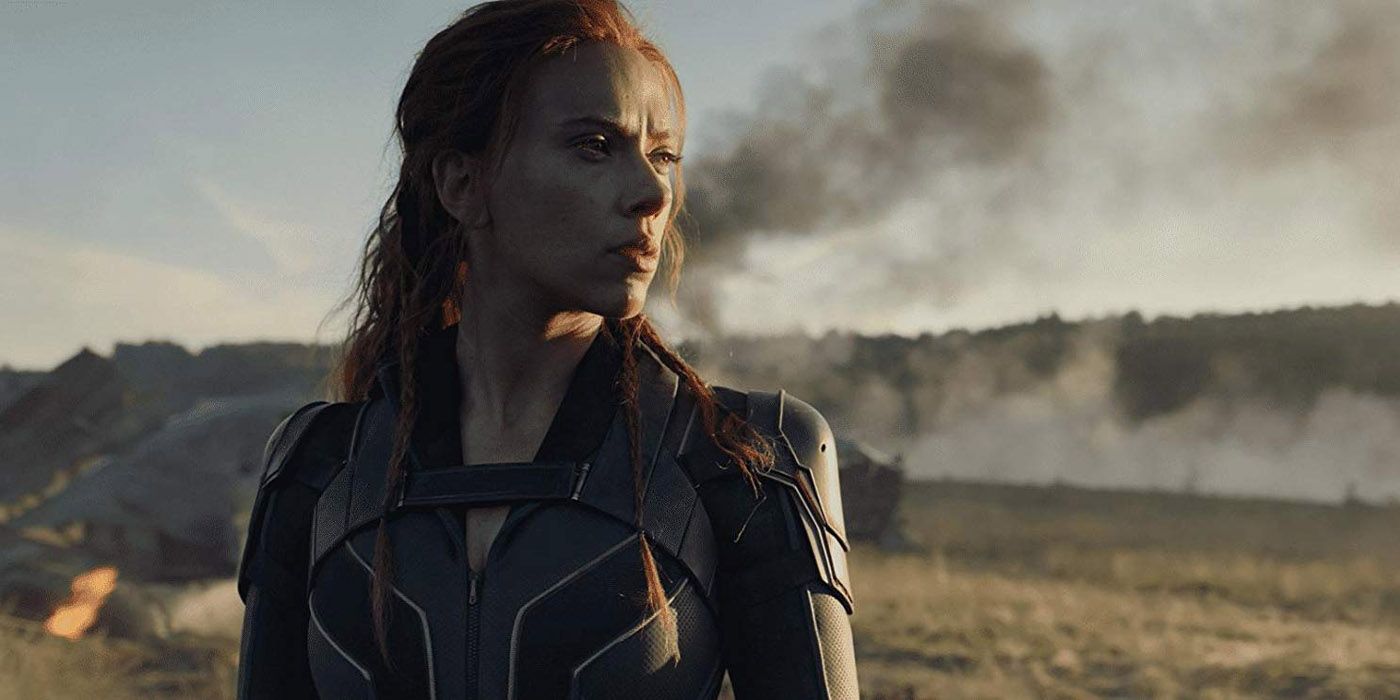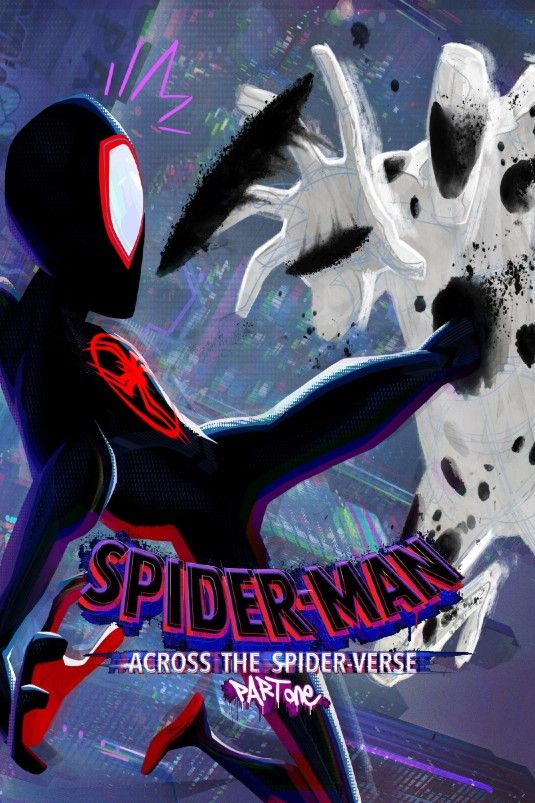Walt Disney Studios initially wanted to release their standalone movie, Black Widow, in May 2021 while strict Coronavirus restrictions were still in place. The movie, however, was released simultaneously in theaters and on their Disney+ streaming platform on July 9. Disney’s decision to release Black Widow on Disney+ has sparked a massive lawsuit between the production company and Scarlett Johansson, who plays the lead role as Black Widow/Natasha Romanoff.
The Academy Award nominee has sued the firm for releasing her character’s standalone film on their streaming service rather than allowing it to run exclusively in theaters for around 100 days, as theatrical releases typically do, before being moved onto any streaming platform. As the lead actor in the movie, Johansson has the right to a share of the box office receipts, but since Disney moved Black Widow online, more people are likely to watch it on Disney+ instead of in theaters due to the ongoing dangers of the pandemic. This, her lawsuit argues, negatively impacted her earnings and is a breach of contract. Disney's response has accused Johansson of being "callous" and asserts the streaming release is only out of concern for the pandemic, but a new report disputes that claim.
In his newsletter, former THR editor Matt Belloni reports Walt Disney Studios wanted to release the Black Widow film in May, despite the lack of widespread vaccinations making it dangerous for many to attend a theater to watch it on the big screen. Belloni says a May debut would’ve led to a huge increase in Disney+ subscribers and revenue, as many avid fans would’ve been more likely to turn to the streaming site to watch Black Widow from the safety of their homes rather than in a public place. Belloni defended Johansson’s lawsuit in his newsletter, accusing Disney of shaming her while also attempting to profit from the pandemic.
“Disney’s unusually sharp response to the suit—a spokesperson called it a “callous” response to the impact of COVID-19—implicitly attempts to shame Johansson for earning a $20 million up-front fee and being insensitive to the pandemic, even though the release date was Disney’s call, not hers. I’m told that Disney actually wanted the movie to come out in May, before vaccines were widely available, which of course could have juiced Disney+ even more.”
Originally penned for a May 7 release, Black Widow was pushed back to July 9, but Scarlett Johansson didn’t appreciate Disney’s decision to release the movie on Disney+ with Premier Access (which costs $30) on the same day as in theaters. This meant that Johansson would most likely miss out on box office bonuses, as per her contract, and Disney would gain more revenue by charging extra for the film. As detailed in Belloni’s newsletter, Walt Disney Studios tried to place the negativity onto Johansson herself, villainizing her for "being insensitive" to the restrictions the pandemic could pose for some theater-goers, and publicizing that she had already earned her $20 million up-front fee for the film. Johansson fought back claiming that releasing the movie online in May or at the same time as its theatrical release would severely diminish the box office sales for the film.
This blunder isn’t likely to be the first of its kind, as many studios will probably look toward releasing their films on streaming services to boost revenue and subscribers, instead of allowing releases to premiere solely in theaters for longer. The pandemic has altered the way in which we consume media, with many growing comfortable watching new content from the comfort of their living room. And with vaccinations still making their way around the country – and the world – some Marvel fans may still feel hesitant about heading to a public venue. Along with Robert Downey Jr. and Chris Evans, Scarlett Johansson’s time with Marvel has come to an end. Marvel’s recent dive into television with WandaVision, Loki, and The Falcon and The Winter Soldier were all released exclusively on the streaming platform. All three have been immensely successful, so there’s a possibility that Disney will start to shift toward more online releases instead of theatrical premieres, or a simultaneous combination of the two like Black Widow’s.
Source: Matt Belloni








